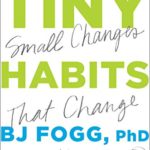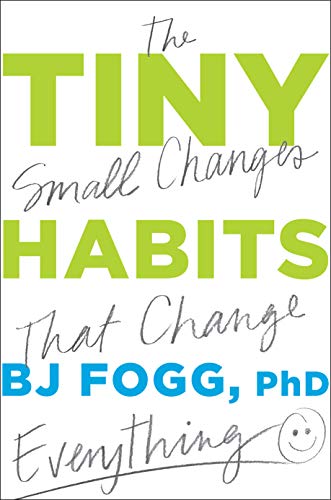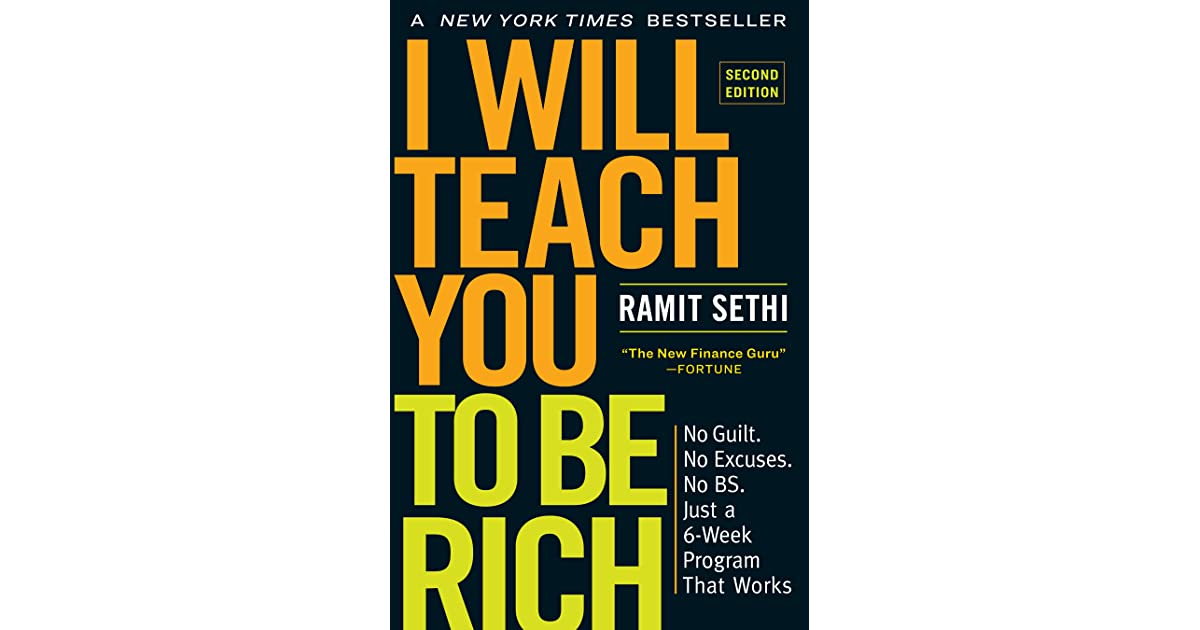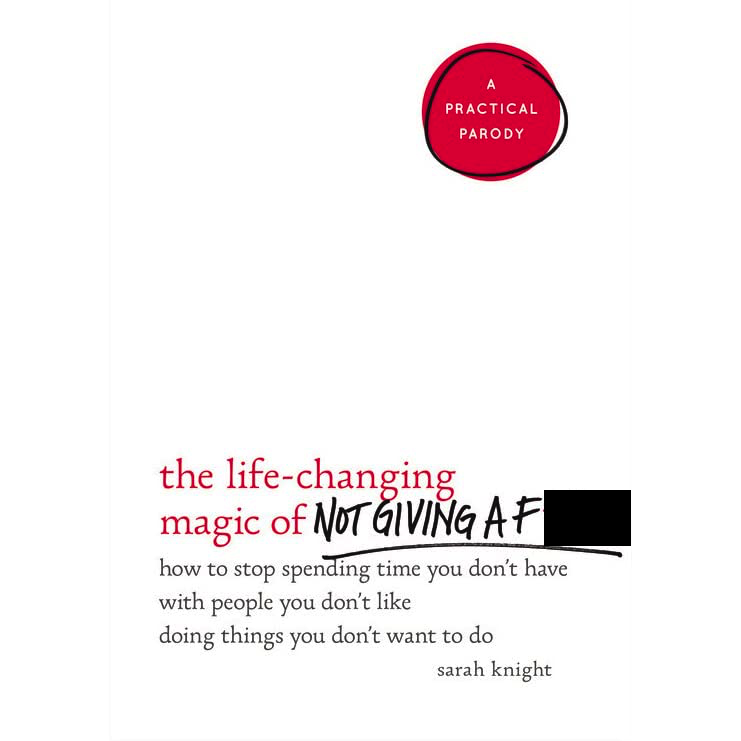Doesn’t the title, “The 4-Hour Workweek” just kind of piss you off? Like, “Oh. Cool. Why don’t you call the book, ‘A Life Full of Puppies and Rainbows,’ you pandering asshole?’”
“From the author that brought you, “How to Buy a Mansion for $12,” “How to Look Exactly like Scarlett Johansson,” and “Zero Calorie Doughnut Cakes,” comes “The 4-Hour Workweek.”
Scammy titles like this really get under my skin, and I so read this book with the intention of hating it.
Predictably enough, I have to admit that this book is great, and helpful, and I hate Tim Ferriss all the more for making me wrong. Fuck that guy.
The core of the book is basically: “Do everything you need to do to create the life you desire, and literally nothing more than that. Here’s how.”
More specifically, Ferriss focuses on teaching you how to join “The New Rich.” The New Rich, according to Ferriss, opt out of the current work model where you bash your head against a wall for forty-five years in order to do nothing for the last fifteen, and instead opt for a lifetime of fewer work hours and many month-long “mini-retirements.”
It’s not about being “rich” per se, but having the money and time that you need in order to live the life you want. After all, money is worth nothing without time. Zombie-ing your way from your bed to work every day (and doing nothing else) isn’t worth doing just so that you can collapse into a nice bed.
So how do you make all of this money while working way less? Automated income companies. You start a company that sells a training video, T-shirts, or pottery dildos, or whatever, and you automate as much of the business as possible so that you can mostly ignore it and focus on living.
Ferriss doesn’t just fill you with empty platitudes about “spirit” and “mindfulosity” and send you on your stupid way. He gives you specific tips on how to do this successfully, and makes it seem extremely doable.
With that said, it’s not as if the book is completely bullshit-free, even if it’s bullshit is only very lightly implied.
You Are Not Tim Ferriss
About 98% of self-help leads us to want to become the gurus we listen to, to accomplish exactly what they accomplish, and to have their lives. Though it’s beneath the surface, The 4-Hour Workweek is no exception.
The problem here boils down to this:
Tim Ferriss is Tim Ferriss. You are not.
Oprah is a superstar. Tony Robbins is a superstar. Tim Ferriss is a superstar. Compared to these people, you kind of blow.
Before you start to think, “No way! I’m awesome! Just ask my mom,” please read on.
Near the beginning of the book, Ferriss discusses how he won a Chinese kickboxing tournament in 1999 with no training at all. He did it by dehydrating himself before a weigh-in to literally sickening levels, and then rehydrating himself later on, to the point where he could participate 25 pounds above his weight class for the fight.
He then found a rule that said that your opponent is disqualified if he’s knocked out of the ring. This rule isn’t really the point of kickboxing, but they can’t have the fighters in the 17th row accidentally round housing a Chinese boy in the eardrum, so it has to be there.
Ferriss exploited this rule to simply push smaller fighters out of the ring, and did so over and over until the Chinese judges crowned him champion (while presumably wishing he’d go fuck himself).
Think of how fucking insane that is, try to imagine a universe in which you would do something like that, and then realize he did this eight years before writing this book. He was 22.
Ferriss didn’t self-improve his way to being The Four Hour Workweek guy. This is who he is. He succeeds in his unorthodox ways because he’s a brilliant unorthodox thinker with absurd nerve, and an inherent understanding of how to exploit human systems.
To be fair, Ferriss gives in-depth, specific ideas about how to do what he has done. If you want to try to be him, you have the template.
But the fact of the matter is, no matter how detailed the book is, you are going to run into weirdly specific situations that the book doesn’t cover, and when that happens, you’re not going to have that Tim Ferriss magic to fall back on. You’ll still be stuck being shitty old you.
This is Not For Everyone
If your reaction to that kickboxing story was something along the lines of “Man, fuck that guy a little,” you may want to reconsider if this book is for you.
After all, the mentality behind Ferriss’ success in that story kind of permeates throughout the book. It always feels like he’s kind of using a cheat code in a video game. His tactics, while logical, can be kind of self-serving, and exploitative of loopholes, hard-workers, and idiots.
Maybe you’re cool with that. Maybe you’re thinking, “Hell yeah! Let’s exploit some dipshits!” And if so, great! Enjoy the book!
But Ferriss’ lifestyle can be intoxicating, and you may want it so badly that you don’t examine whether or not it’s really right for you.
For instance, it’s worth noting that Ferris is 39, single, and has no children. This is fine for him, but it also hints at something: A lifestyle of not packing away money, of moving around constantly, and of taking sizable career risks isn’t conducive to getting married and having kids–you know, unless you want your kid to be potentially poor, to not have an inheritance, and to not live anywhere long enough to have a friend that’s not his weirdo sister.
The 4-Hour Workweek: A Bible of Productivity
The plan of doing little work for a lot of cash only works if you never waste time, and you’re extremely productive in the time that you do work. This is where the book really shines. For this part, Ferriss focuses on two rules:
First, there is Parkinson’s Law, which states: “Work expands so as to fill the time available for its completion.”
This means that most of our time “working” is total bullshit–that we spend hours upon hours a day sitting at a desk, creating work that accomplishes nothing, and hoping to God our boss doesn’t check our browser history.
The other rule is the 80/20 rule, which states that eighty percent of your success will come from twenty percent of your work, so it’s best to focus your energy on what’s happening in that twenty percent and to trim the fat otherwise.
We like to strut around life, digging holes, filling them back up, and thinking we did something. We think that because we were sweating and miserable, that regardless of the result, we’ve earned an ice-cold beer and an at least semi-effortful blow lob.
The reality is that most things you do—in all of life–make no difference. They move zero needles, get you zero inches, and earn you zero dollars.
Acknowledging this can be a real kick in the balls, so we largely avoid it. Instead, a lot of us plow ourselves deeper into our busy work to continue with the delusion that we’re doing “something,” and then we get pissed off that the world isn’t blowing us.
Taking Risks
He also makes great points about the benefits of taking risks. This was particularly powerful for me because I’m a total…whatever a nicer word for “coward” is.
The thought exercise he puts you through is this:
What is the absolute worst thing that would actually happen if you took your risk and it didn’t work out? Would you get into debt that you really couldn’t get out of? Would it really be a disaster scenario? Or does it just feel like it would be? What steps would you have to take to repair the damage, and how hard would that really be?
Maybe the greater question to ask yourself, Ferriss argues, is: “What will happen if you don’t take action?” After all, the worst-case scenario is not crashing and burning, but accepting boredom as the status quo.
It’s the most effective argument for taking a chance on your life that I’ve ever read. It’s logical, inspirational, and effective. I almost even did something.
Over all, The 4-Hour Workweek is an outstanding book for tips on productivity, time management, business automation, traveling for cheaper than you normally live, outsourcing all busy work, and generally being a less terrible you. So I’d highly recommend the book as long as you keep one thing in mind:
You are not Tim Ferriss.












